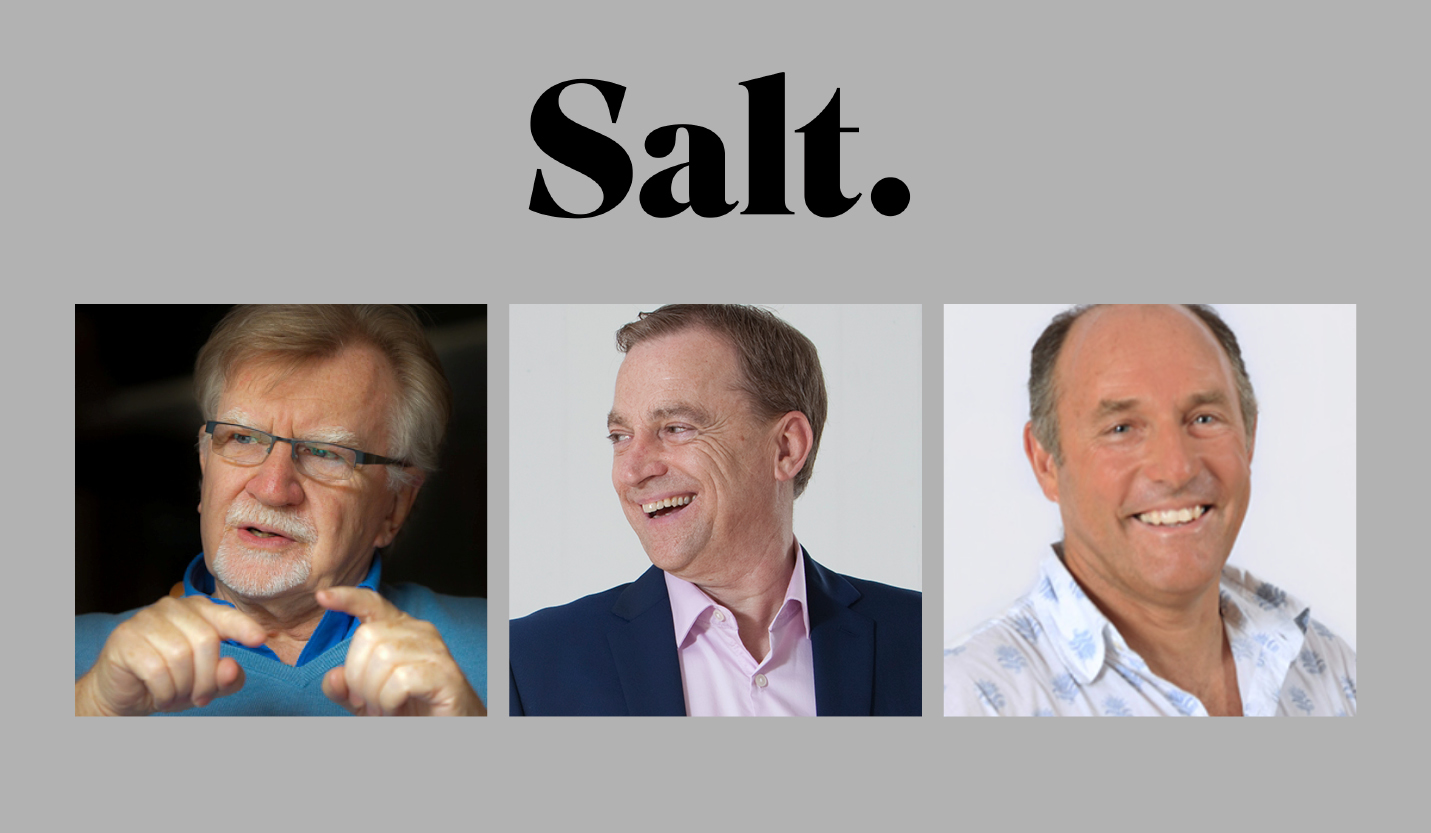Blog
How Authentic Leaders Transform Themselves and Their Company Cultures

This is an abridged version of an article that originally appeared in SALT magazine - read the full roundtable article here.
Authentic leadership. Is it a special trait or natural quality of a select few, or something to which we can all aspire? After working with CEOs to transform organisational cultures for over ten years, we are more and more convinced that all of us have the ability – and the responsibility – to become truly authentic leaders.
We arranged a roundtable for our friends at SALT magazine to get to the bottom of this important question. Our co-founder Graham Massey spoke to Richard Barrett of the Barrett Values Centre, author of several books on trust, values and leadership including The New Leadership Paradigm, and Geoff McDonald, director of leadership consultancy Bridge Partnership and former Global VP HR of Marketing, Communications, Sustainability & Water at Unilever. The results were enlightening.
The Authenticity Gap
“I’m really, really questioning how authentic people are as leaders in our corporations today,” says Geoff. “They are very authentic when they’re with their families, but something happens to people when they walk through the door at work.”
It’s something we’ve probably all felt at some stage of our career: donning a mental suit of armour before starting the working day. But what causes this “authenticity gap?”
Part of the problem lies with the downward pressures flowing from organisations and shareholders. Many leaders are trapped between following what they truly believe in and want to achieve, and what organisational pressures force on them.
As Geoff puts it: “One of the real evils in the corporate world today is this absolute focus on driving efficiency. With that comes short-termism and an inability to have any slack in the system – leaders find it near impossible to go to the market and say, ‘give us some time to make this work.’”
Overcoming Fear
Fear is another factor, says Richard.
“How can a leader be a leader when they haven’t really forged their own self-mastery?” he asks. “You need to develop the emotional intelligence to understand your fears and how your fears affect your decisions, your fellow employees and the company.”
Mastering fear allows leaders to evolve from a Darwinian mindset of basic career survival to a place where they can find authentic meaning in their work: a personal purpose beyond satisfying their own survival or status needs. Once they grasp this, authentic leaders can bring their purpose to life through collaboration and interdependence with others.
“Today’s senior leaders need empower young people to create a new leadership paradigm that’s more about what’s best for the common good than about what’s in it for me,” Richard says.
Everyone Benefits from Authentic Leadership
Of course, the “common good” also includes the wellbeing of your team. Authentic leadership allows you to create values-led cultures that build trust, make work meaningful and drive commercial outperformance. Such cultures unleash the creativity and enthusiasm of employees so that they bring what Richard calls their “discretionary energy” into play.
“Workplaces can be amazing places. They can truly be places where people express themselves and reconnect with who they really are,” says Richard. “Leadership should be about creating a framework for people to connect and contribute, grow and expand, flower and flourish.”
This drives performance. Consider the recent research from merchant bank Ocean Tomo that suggests that over 80% of the value of the S&P 500 now consists of intangibles such as culture, goodwill and intellectual capital. In this context, investment in authentic leadership and strong culture (which, as Richard points out, is a measurable factor) is vital.
Let’s take up the challenge
It's clear to us from our work that leaders need to take steps to overcome fear, uncover personal purpose and thus allow themselves to become truly authentic. Without this, it's very difficult to build a healthy, values-led envrionment within an organisaiton. It’s hard work, but the rewards for success are enormous. Let’s take up the challenge and make ourselves into the best, most authentic leaders we can be.